 AD
AD
Today is: November 26
Scroll to explore events active on this date.
Additional Events on LEEP
LEEP INK FEATURES

August? Absolutely!
In August, we live through the Dog Days of Summer. It's hot and often humid, and those who can leave for better climates do. Down south, winter is in full force. August is also known as "the ...

In The Heat of July: July 2025 Events
Is it hot enough (or cold enough if you're below the equator) for you yet? There is actually a day for that! Like every month, I pick a diverse collection of events you may or may not know about. This ...

May Blooms: Events in May 2025
Along with October, May is one of the most densely packed months of the year. It's before the summer humidity and the last whole month of the school year. The weather is warming in t...
About World Vegan Day
Health
Ends: Nov 01, 2022
DESCRIPTION:
The Vegan Society's World Vegan Day kicks off World Vegan Month. November is the chosen month due to Thanksgiving, a feast usually centered on meat entrees, including turkey, ham, and goose. Vegans are against consuming meat, milk, eggs, fish, cheese, and other animal-originating foods.
The Vegan Society organizations hold food fairs and festivals throughout the month to convince people to cease eating meat and using animal products (including leather, wool, silk, furs, and skins) by embracing the vegan lifestyle. Vegans believe their lifestyle is better for their health, animals, and the environment.
VEGAN VERSUS VEGETARIAN
A lot of people who claim to be vegan are actually vegetarians. Knowing the difference between the two is crucial.
What does it mean to go vegan? Vegan is an ultra-austere form of vegetarianism, requiring drastic lifestyle changes and staunch adherence. The idea began in 1944 with British woodworker Donald Watson (1911-2005), who coined the term "vegan" and founded the Vegan Society. Unlike vegetarianism, with its roots in ancient religions, veganism is agnostic and tied to the fringes of the animal rights movement.
Vegans refrain from eating, using, working with, wearing, or enjoying anything to do with animals meaning:
1) No meat, poultry, game, dairy, fish, eggs, honey, gelatin, or mayonnaise.
2) No clothing, products, or home furnishings made from animals, including leather, fur, wool, or silk.
3) No products tested on animals.
4) No attending or watching entertainment that uses animals, including film, TV, circuses, zoos, rodeos, hunting, and wild animal parks.
5) No animal husbandry.
6) Most, but not all, vegans are antivaccine and anti-medication due to the necessity of testing new drugs and vaccines on animals first.
7) Extreme vegans reject having pets, though this issue is unsettled and debated in the community.
In contrast, most vegetarians eat animal products like milk, cheese, yogurt, and eggs. The key is they don't eat dead animals. Honey is a staple, often replacing sugar in recipes, and vegetarians will wear silk, wool, and leather, visit zoos, enjoy films with animals, and tend to support humane farming. Vegetarians, as a group, do not have issues with medication. Another iteration is pescatarians, people who eat fish but do not eat beef, lamb, pork, game, or poultry.
VIDEOS
SUPPORTING DOCUMENTS
Currently, this event does not have supporting documents.
ADDITIONAL IMAGES
Currently, this event does not have supporting images.
Where would you like to go now?
 AD
AD
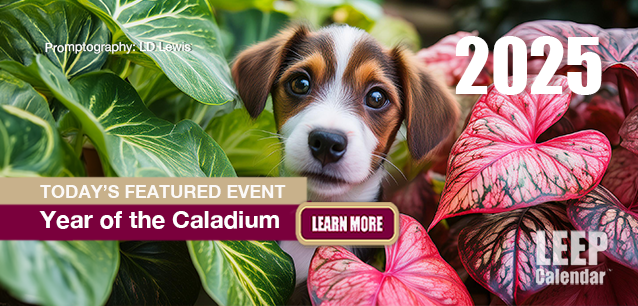






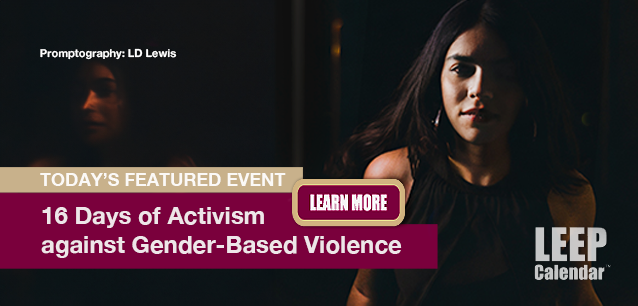
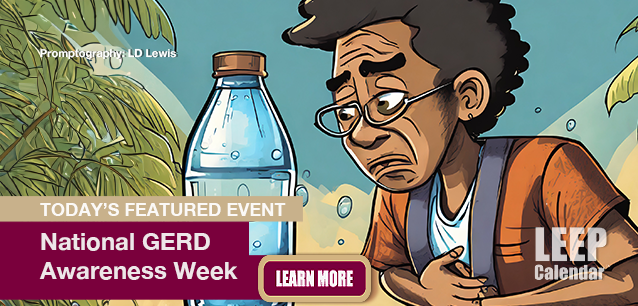





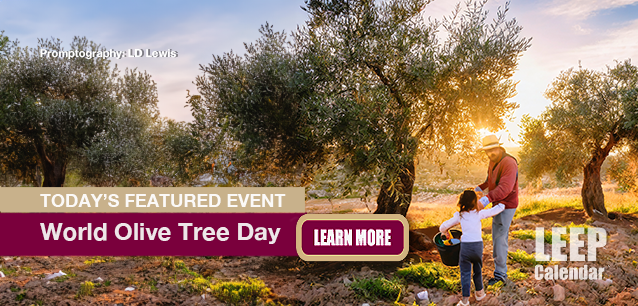







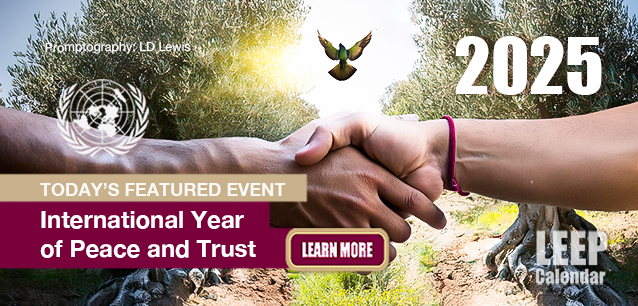


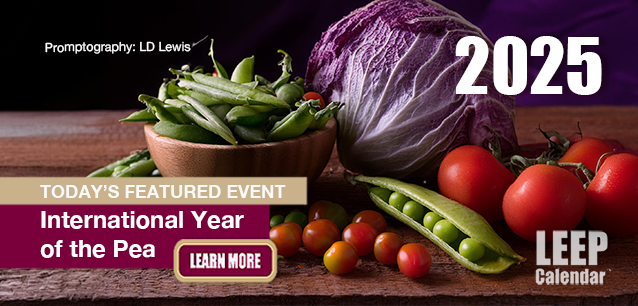




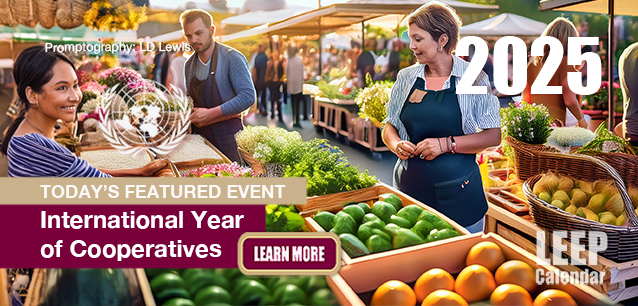



































/footer-logo.svg)
